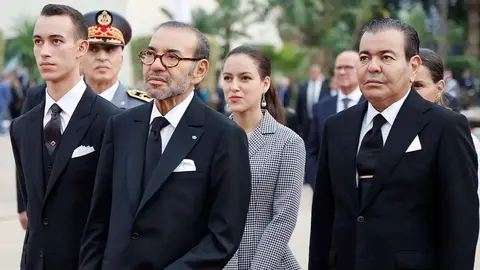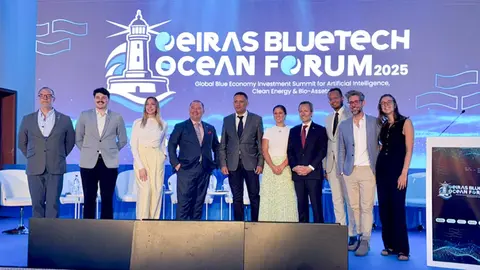Morocco accelerates development and stability plans in the southern provinces
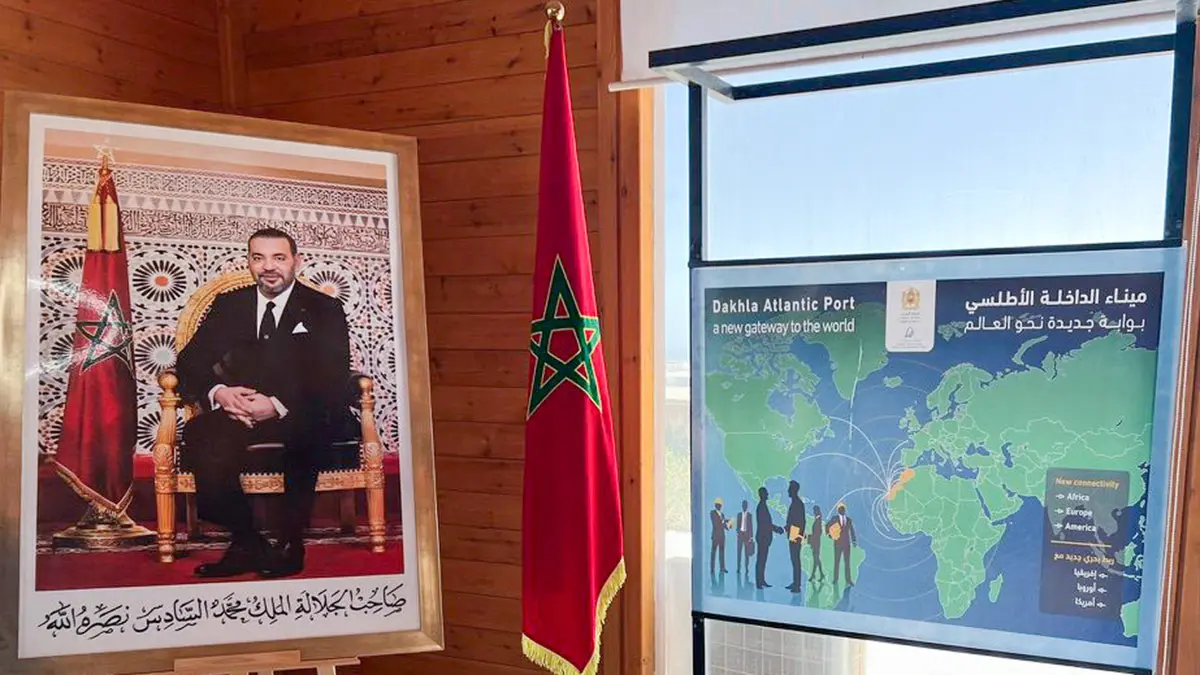
The development, industrialisation and modernisation plan for the Moroccan Sahara is a strategic initiative promoted by King Mohammed VI that seeks to increase economic growth, guarantee stability and improve the quality of life in this region.
In the year that marks the 50th anniversary of the Green March, the situation in the Moroccan Sahara is undergoing a notable change due to the investments made in recent years in key sectors such as infrastructure, with the construction and expansion of motorways, airports and ports such as the Atlantic port of Dakhla, which will be a major milestone for the development of the southern provinces of Morocco.
The positive impact is also expected to be felt throughout the African region, which can benefit from the royal initiative to strengthen the Atlantic coastline in terms of its economies, job creation to prevent emigration and its institutions.
In the context of neutralising the instability and threat posed by terrorist groups in the Sahel countries and paramilitary movements of foreign governments in the region, such as Russia and Iran, NATO and the EU's focus on this region is strategic.
The political initiatives of local and regional leaders, Sahrawis elected by Sahrawis in the general, regional and local elections held in Morocco in September 2021, which will be held again in 2026, highlight the value they attach to the regular holding of conferences, seminars, workshops and events of all kinds in the cities of the Moroccan Sahara to inform the thousands of foreign participants about the reality of life for Sahrawis in the southern provinces of Morocco.
These meetings with professionals from all sectors, such as the International Congress of Journalists, attended by 121 professionals from around the world, serve to counter the false and outdated clichés used by those who seek to maintain an unacceptable situation such as that suffered by thousands of people in the Tindouf camps in Algeria.
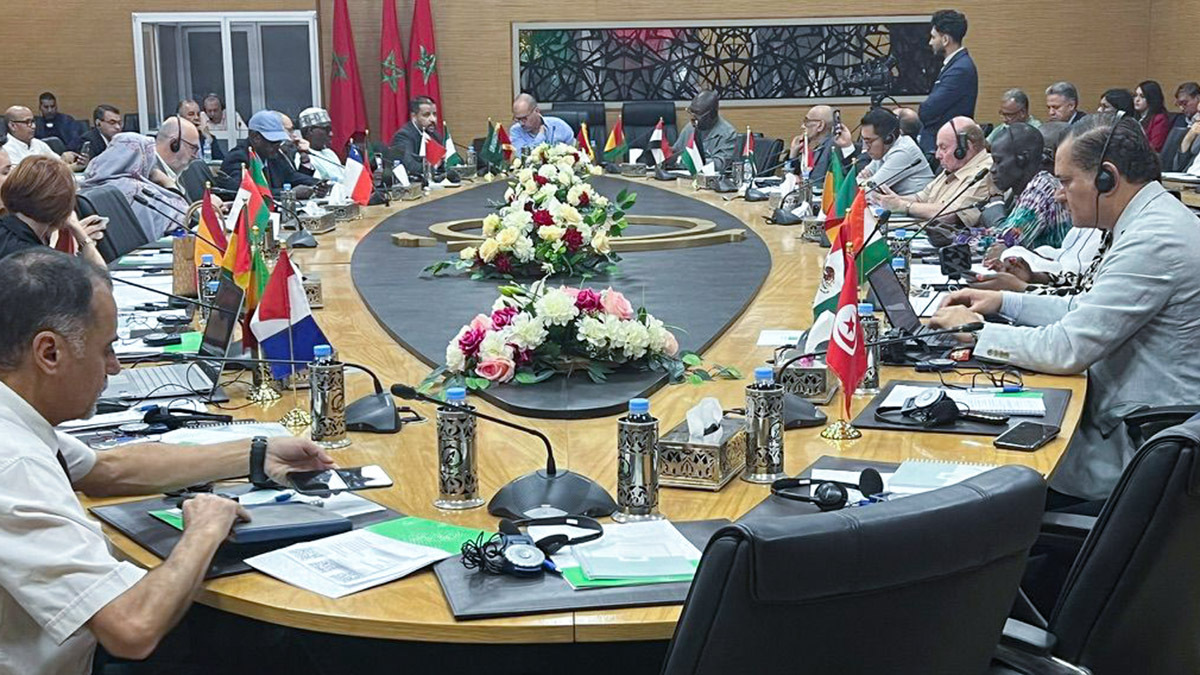
Attractive to investors
In the field of energy investment, projects such as the Nigeria-Morocco gas pipeline stand out for their size and enormous impact. In addition, renewable energy projects are being developed with various international companies, notably the French Development Agency, with $168 million in investments for the period 2025-2026.
Morocco is seeking to attract foreign investment, highlighting its favourable legal framework, tax incentives and political stability. Spanish, Japanese and other companies from around the world are showing interest in collaborating with Moroccan partners in various sectors such as infrastructure, logistics, renewable energy, mining, fishing, agriculture and tourism.
The Kingdom of Morocco has mobilised significant investments to ensure the prosperity and economic development of the Sahara region, said Ilan Berman, vice president of the American Foreign Policy Council, before highlighting the growing international momentum in recognition of the Kingdom's efforts in the Sahara.
‘Morocco's approach to managing the affairs of its southern provinces is most revealing,’ thanks to the significant investments allocated to the comprehensive development of this region of the Kingdom, the American analyst said in an interview with MAP-Washington on the occasion of the Throne Day celebrations.
This approach has borne fruit, he said, noting that a growing number of countries have realised that Morocco's initiative for the development of its southern provinces is ‘realistic and viable’. The efforts made by the Kingdom in its Sahara are welcomed by a growing number of countries, he said.
Berman also pointed out that ‘if the Moroccan proposal for autonomy is the only serious initiative on the table, then it is natural that it should enjoy broad support.’ ‘This is what we have seen recently with the support expressed by the United Kingdom and Portugal for this initiative,’ he added.
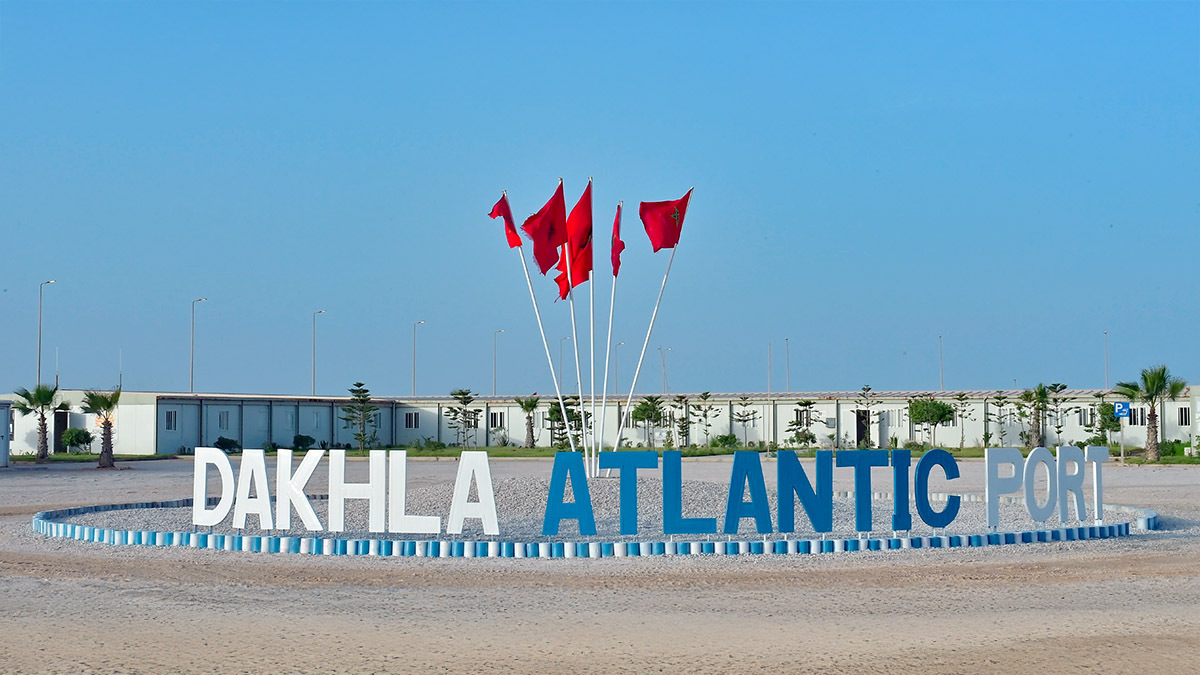
Leadership of Mohammed VI
He also highlighted the reform of the religious sphere carried out under the leadership of Mohammed VI, which has made the Kingdom a model to follow at the regional and international levels.
In this regard, he pointed out that the creation of the Mohammed VI Institute for the training of imams, preachers and female preachers, the training of foreign imams and the promotion of a discourse of tolerance in international forums have strengthened Morocco's position and influence in the Islamic world, in addition to the growing interest of Western countries in alternatives to extremist ideologies.
The American analyst also stressed that the long-standing relationship between Morocco and the United States is testimony to its dynamism and importance for both countries. Morocco is not only a ‘historic ally’ but has become ‘an indispensable partner’ for moving forward together, he insisted.
Berman also referred to Morocco's ‘key’ geostrategic role in the development of the African continent, noting that the Kingdom has made this approach a political priority and an economic necessity.
Morocco benefits from its privileged geographical position to serve as an economic gateway to the rest of the African continent, added the vice president of the American Foreign Policy Council.
Regarding Morocco's efforts to strengthen South-South cooperation, Berman said that the implementation of the Royal Vision aims to consolidate the Kingdom's role as a major player and emerging power on the international scene.
This Vision is increasingly appreciated and supported by the international community, the analyst concluded.


